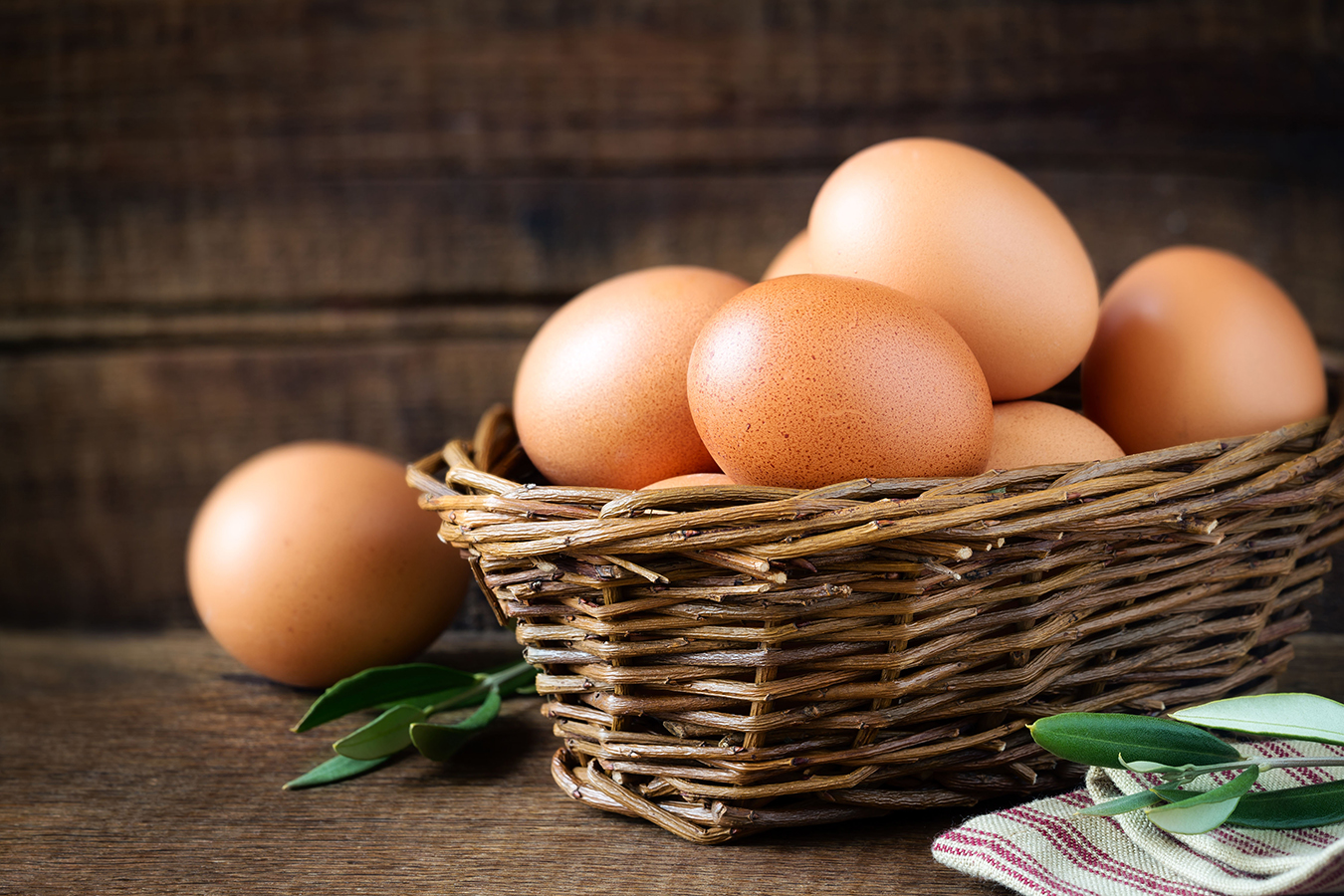Knowing how to store and determine the freshness of eggs, especially those prized farm-fresh ones, is key to enjoying their peak flavor and nutritional value. This comprehensive guide covers everything from refrigerator storage and the float test to understanding the “bloom” and freezing for long-term preservation. Let’s dive in!
Decoding Egg Storage: Fridge vs. Countertop
How long fresh eggs last depends largely on storage. Unwashed fresh eggs can surprisingly last up to a month at cool room temperature and even longer in the refrigerator, often outlasting store-bought counterparts. Let’s break down the options:
Room Temperature Storage: A Traditional Approach
Clean, unwashed, and uncracked fresh eggs can last 2-3 weeks, and potentially up to a month, at room temperature if kept consistently cool (around 55°F or 13°C). This longer shelf life is attributed to the protective “bloom,” a natural coating that seals the pores and prevents bacterial entry. Washed eggs lack this bloom and are more susceptible to bacteria at room temperature, making refrigeration essential for them. Remember, consistent coolness is key! Avoid placing eggs near the stove or in direct sunlight. foot detox color chart Might seem unrelated, but just like understanding color changes in a foot detox, observing your egg’s condition is crucial for gauging freshness.
Refrigerator Storage: Extending Freshness
Refrigeration drastically extends the life of fresh eggs, whether washed or unwashed, to 3-6 months. The USDA suggests using refrigerated eggs within 3-5 weeks, but they often remain safe and flavorful beyond this if stored correctly. Aim for a consistent refrigerator temperature at or below 40°F (4°C).
Freezing for Long-Term Storage
Freezing extends the shelf life of eggs (out of their shells) up to a year. Separate yolks and whites before freezing to maintain optimal texture upon thawing. This method is perfect for preserving eggs during peak laying season or when you have an abundance.
Factors Influencing Egg Longevity
Several factors play a role in how long eggs stay fresh:
- The Bloom: This natural protective layer on unwashed eggs acts as a shield against bacteria and moisture loss. Washing removes this bloom, increasing susceptibility to spoilage and necessitating refrigeration.
- Temperature Consistency: Fluctuations in temperature, whether on the counter or in the refrigerator (like in the frequently opened door), can hasten spoilage. A stable, cool environment is crucial for maximizing shelf life.
- Cracks: Damaged shells create entry points for bacteria, significantly reducing shelf life. Use cracked eggs immediately.
- Egg Age: The fresher the egg, the longer it will last, regardless of the storage method.
Is Your Egg Still Fresh? The Telltale Signs
Even with proper storage, checking freshness before use is essential. Here’s how:
The Float Test: A Simple Buoyancy Check
Place the egg in a bowl of cold water:
- Sinks and lies flat: Fresh!
- Sinks but stands on one end: Likely still good, use soon.
- Floats: Time to toss it – the large air pocket suggests significant age.
Yolk and White Check: Visual Inspection
Crack the egg open:
- Fresh: Firm, rounded yolk; thick, viscous white.
- Aging: Flatter yolk; thinner, slightly watery white.
The Sniff Test: Trust Your Nose
A fresh egg should have little to no odor. A sulfurous or “rotten egg” smell indicates spoilage.
Best Practices for Preserving Freshness
- Refrigerate promptly: Store store-bought and washed fresh eggs in the refrigerator immediately.
- Unwashed egg handling: If immediate refrigeration isn’t possible, keep unwashed eggs in a cool, dry place.
- Delay washing: Wash eggs only just before using.
- Carton storage: Always store eggs in their original carton in the refrigerator to protect them from moisture loss, odor absorption, and physical damage.
- Optimal refrigerator placement: Store eggs on a shelf inside the refrigerator, not in the door, where temperatures fluctuate more.
Beyond the Basics: Ongoing Research and Future Insights
While these guidelines offer a solid foundation, ongoing research continues to explore the nuances of egg freshness. Factors like hen health, farming practices, and even seasonal variations might play subtle roles. Current research suggests that even eggs passing freshness tests might harbor bacteria under certain conditions. Future studies could reveal even more precise methods for determining egg safety and extending shelf life.
By following these guidelines and trusting your senses, you can confidently enjoy the deliciousness of fresh eggs while minimizing waste. Remember, when in doubt, err on the side of caution – it’s always better to be safe than sorry!










